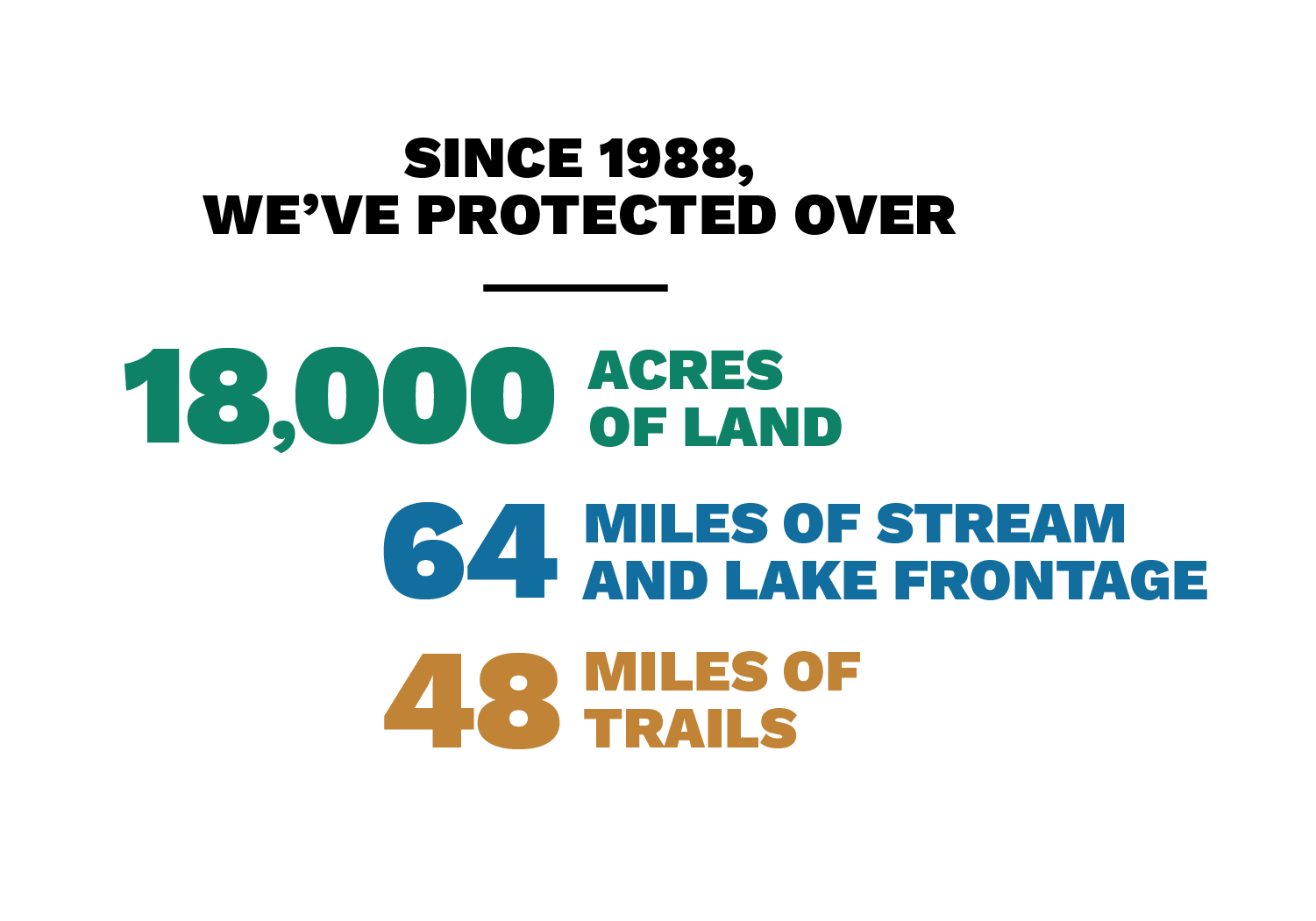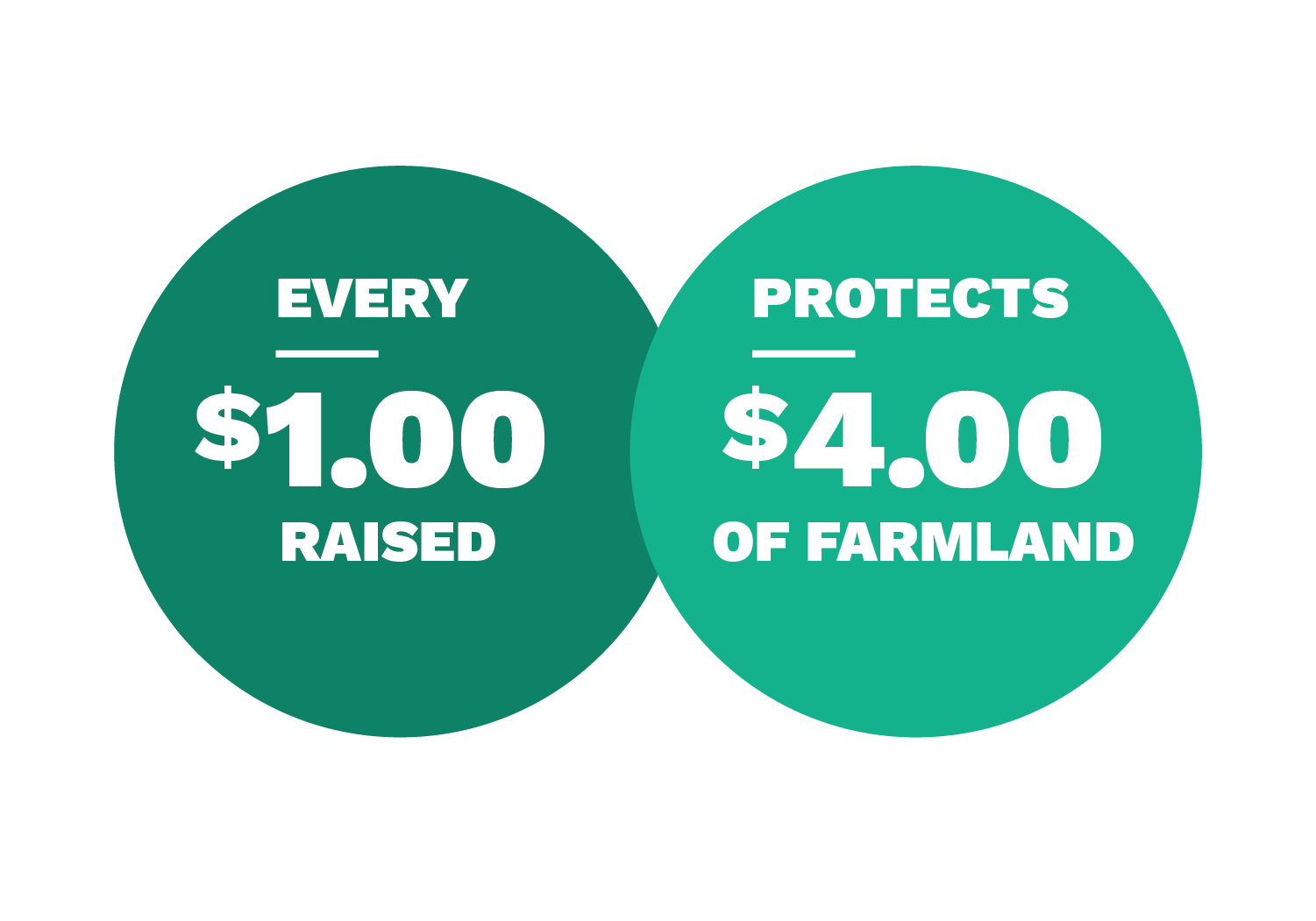Jim and Toddy spent their careers immersed in the local farming community. Now, their cherished orchards will be farmland forever.
Photos by Mark Smith
Jim Nugent and Toddy Rieger are local icons in the farming community. Partners in farming and life, the pair recently protected their farm, Sunblossom Orchards, with a conservation easement. Protecting their farm was made possible in part by the Natural Resources Conservation Service (NRCS) through their Regional Conservation Partnership Program (RCPP).
“We bought this farm in 1985 from the Mawby family, and our first season was ‘86,” said Jim. They grew tarts, sweets, apples, and peaches, making for a good, long season. Having grown up on a Benzie County farm, Jim always knew he would pursue farming. Jim and Toddy met while he was in grad school for entomology, and she was studying social work at Michigan State University. After marrying, Jim got a job as the MSU Extension County Director in Leelanau 10 years before they bought Sunblossom.
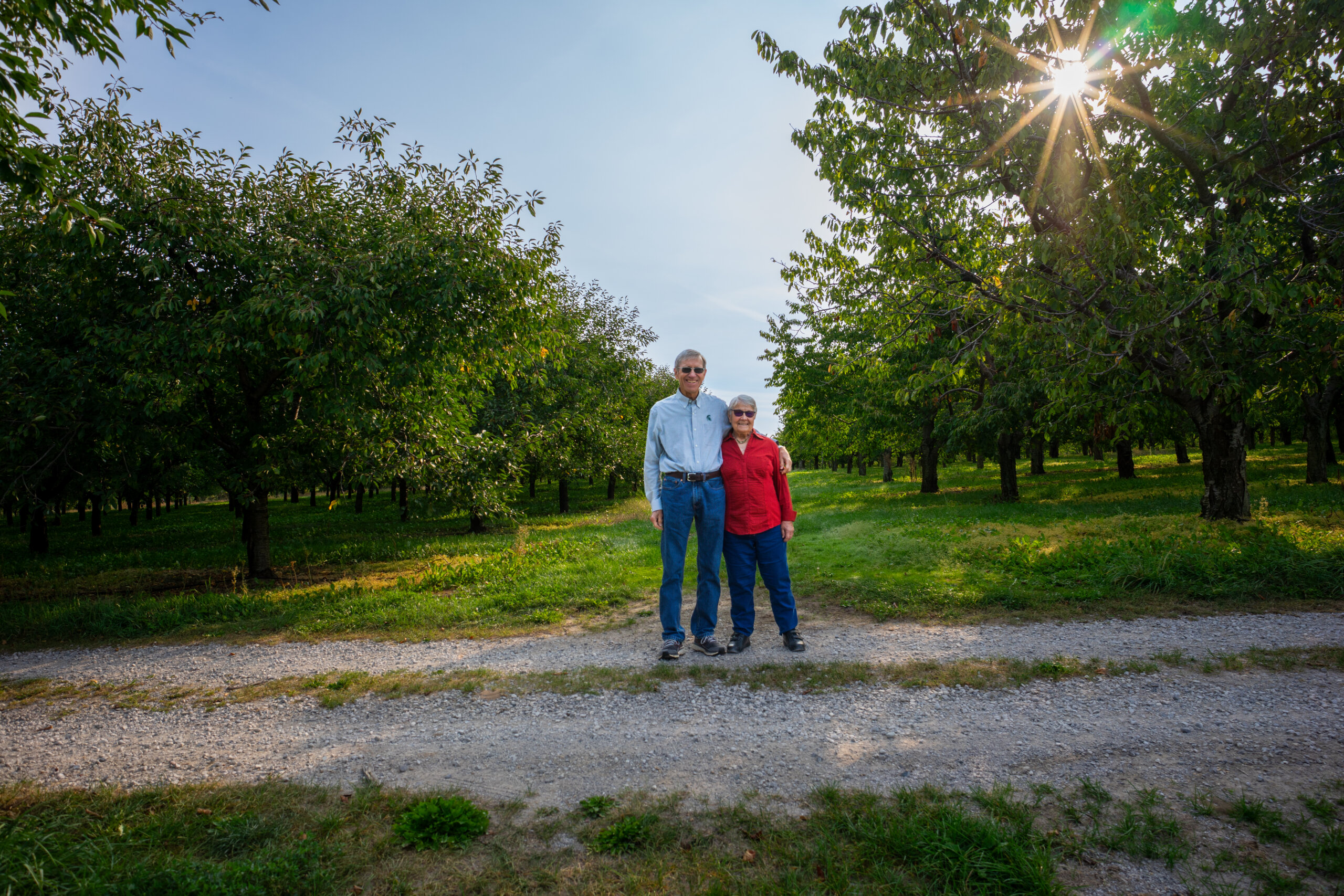
Jim’s work with MSU Extension made him a friend to farmers. He spent his career working on issues that all farmers face, like invasive species, pests, and the effects of climate change. After serving as Leelanau County Director, he worked on protecting fruit in the fruit Integrated Pest Management (IPM) program, which expanded into a statewide initiative. Later, he became the District Horticulturist and Coordinator of the Northwest Michigan Horticultural Research Station, continuing to help influence local agriculture and support farmers through research and education.
The farming community trusted Jim for his knowledge and dedication, especially because he owned and worked on his own farm.
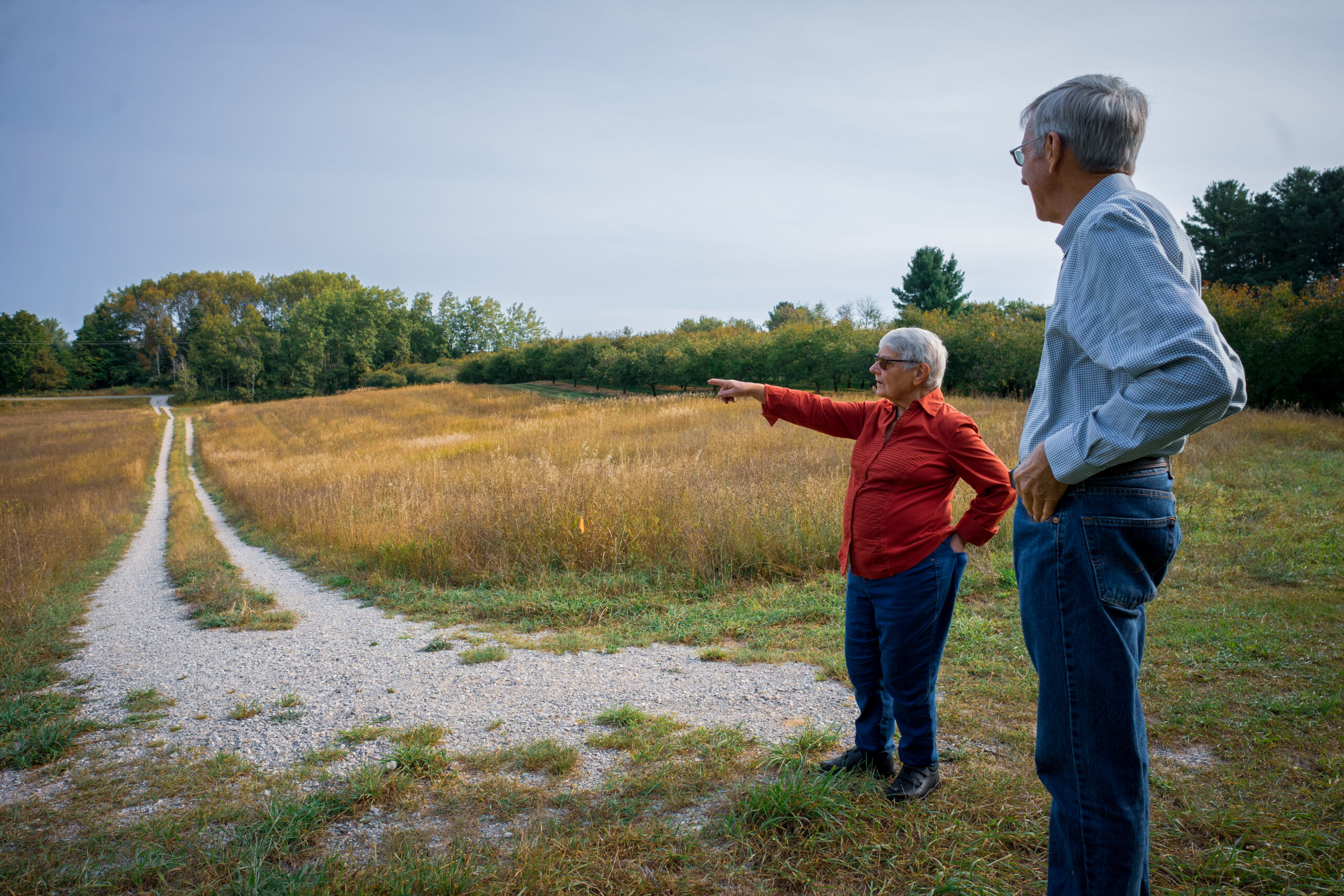
“At the time, it wasn’t common for a woman to run the farm,” said Jim. It’s no secret that many farmers have to work full-time jobs in addition to managing their farm. For 17 years, while Jim worked at MSU Extension, Toddy ran the farm. She became a known and respected farmer within the community, eventually becoming the first woman to sit on the Soil Conservation District board (known now as the Leelanau Conservation District). “It was definitely a man’s world, shall we say?” she said.
Toddy remembers the early days and busy mornings when she had to make sure their three kids were fed breakfast and off to school before starting a full day’s work. As a first-generation farmer, there was much to learn. “There was certainly a learning curve those first few years. But I had support from Ed Mawby and learned a lot from him and, of course, from Jim.” But her full-time farming days are remembered fondly, especially memories of the people she got to know. “I really enjoyed the outdoor work. There were people who came to hand harvest every year, and I did not enjoy the harvest, but I enjoyed the people. You got to know some of them well because they returned every year.”
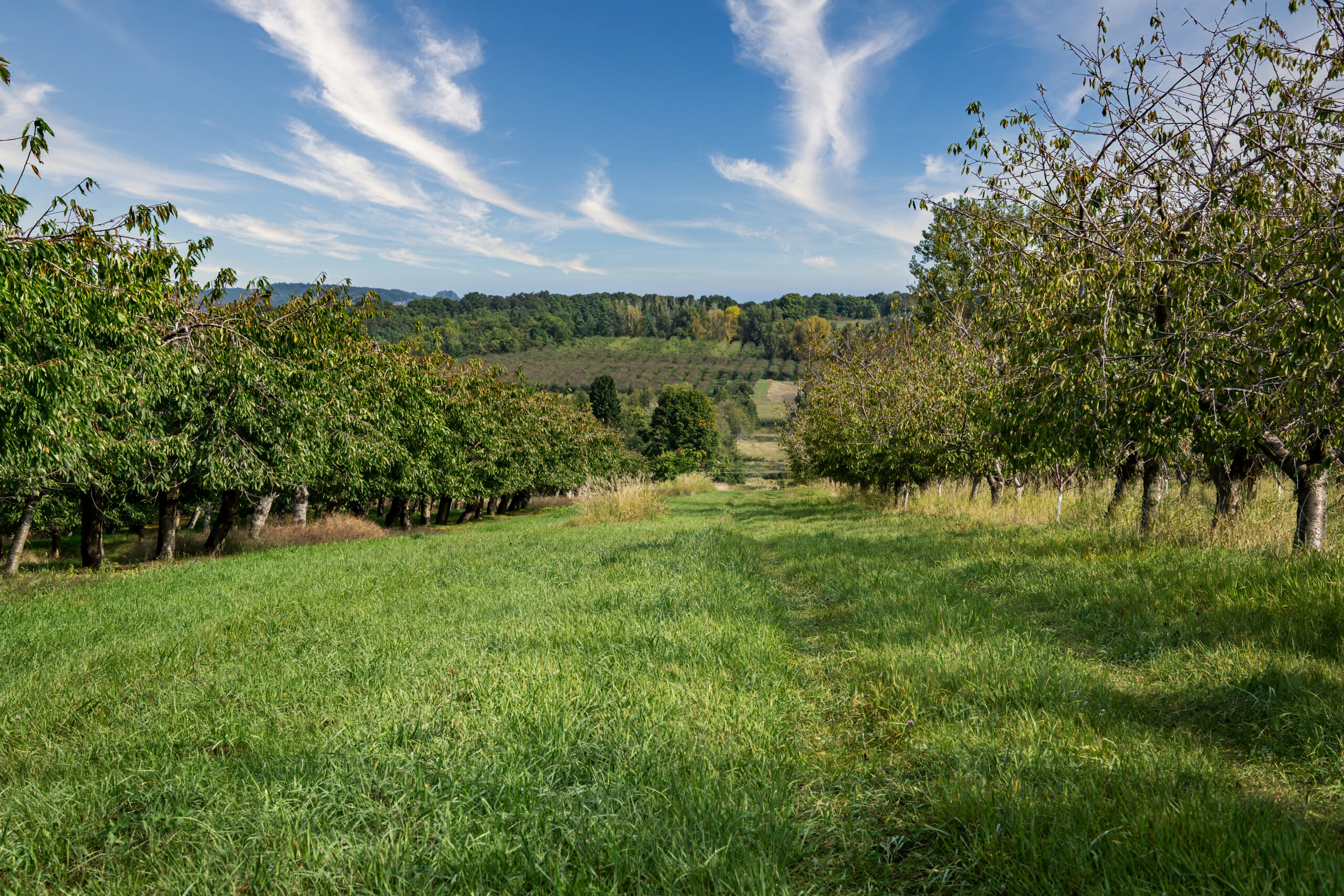
After Jim retired, he took over the management of the farm. But Toddy still gets her hands in the dirt. On a late August morning, she can be found canning a sizable haul of tomatoes from her personal garden. “Today, we only commercially grow sweet and tart cherries, so we no longer have a fall harvest, but it keeps us busy. We still have a few peach and apple trees just for us.”
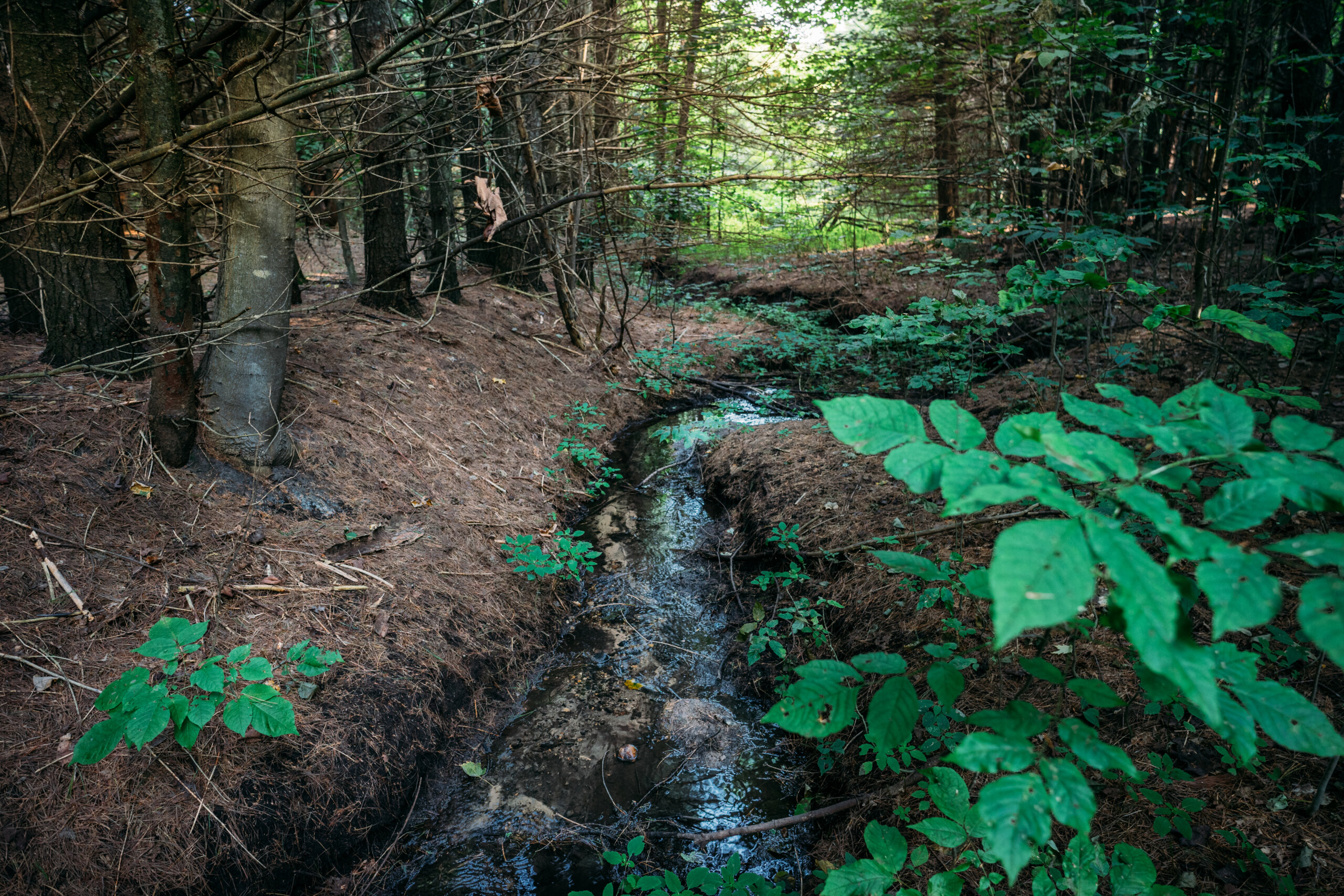
The farmer’s plight is to be both a scientist and an economist. Jim and Toddy are aware of today’s farmers’ challenges. “It’s one thing to know the science, but it’s another thing to integrate the science well with the economics. You have to understand the biological aspect of it, but you still have to make money. It’s challenging to make a living in many areas of agriculture, but it’s particularly tough for smaller family farms. Growing up, my family supported six kids with their farm. We weren’t wealthy, but it’s another thing to integrate the science well with the economics. You have to understand the biological aspect of it, but you still have to make money. It’s challenging to make a living in many areas of agriculture, but it’s particularly tough for smaller family farms. Growing up, my family supported six kids with their farm. We weren’t wealthy, but we weren’t poor either,” Jim lamented. Today, economies of scale and the effects of climate change (invasive species, changing weather) loom large as constant threats to family farms. Adding to that is the rising cost of land.
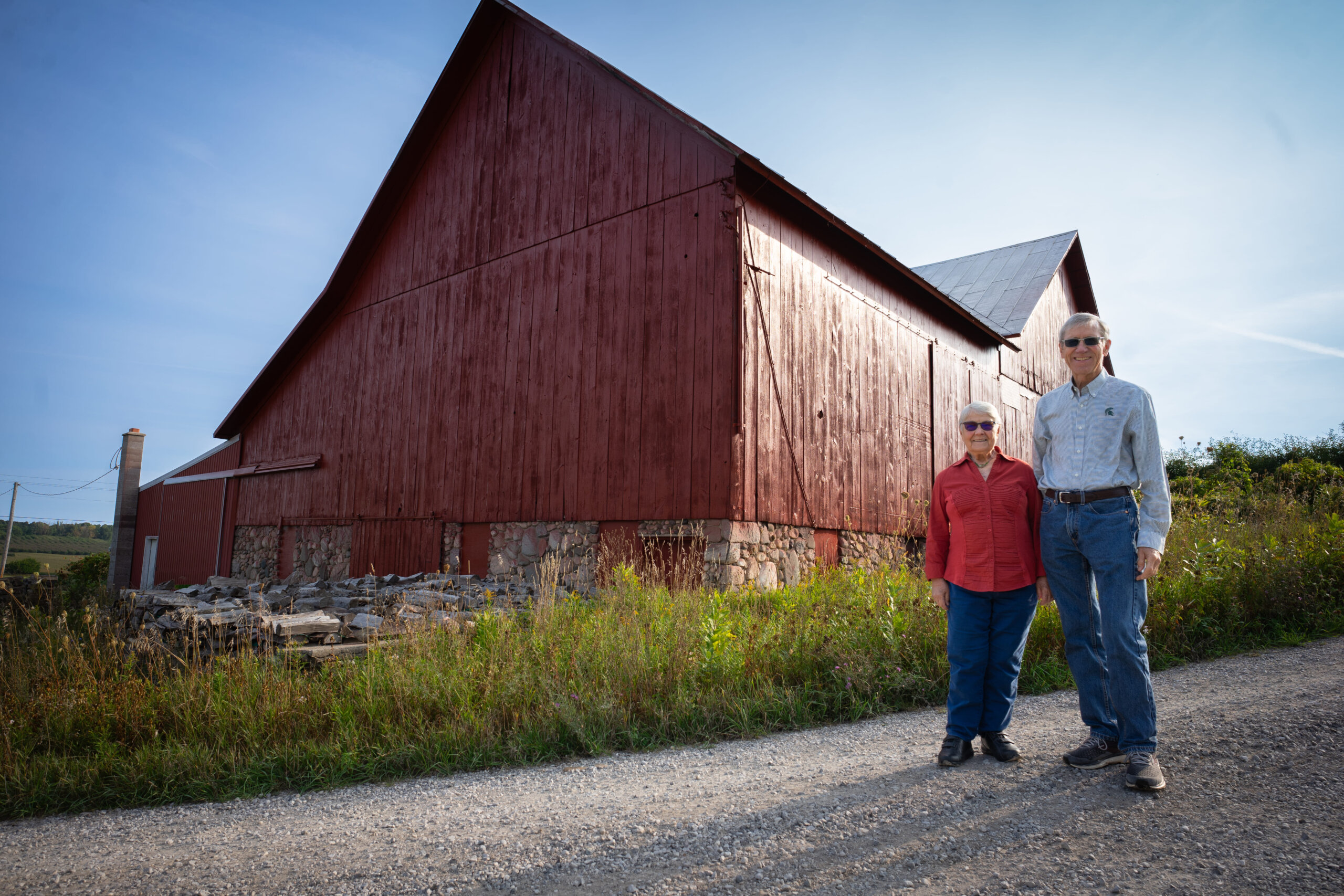
Protecting Sunblossom has always been a silently agreed upon future for the farm. “It was never a matter of if, only a matter of when,” said Toddy. “It was a very nice relationship working with the Conservancy to get this done.”
As farmers by blood and choice, Jim and Toddy are pleased to keep this farmland in the community forever.

